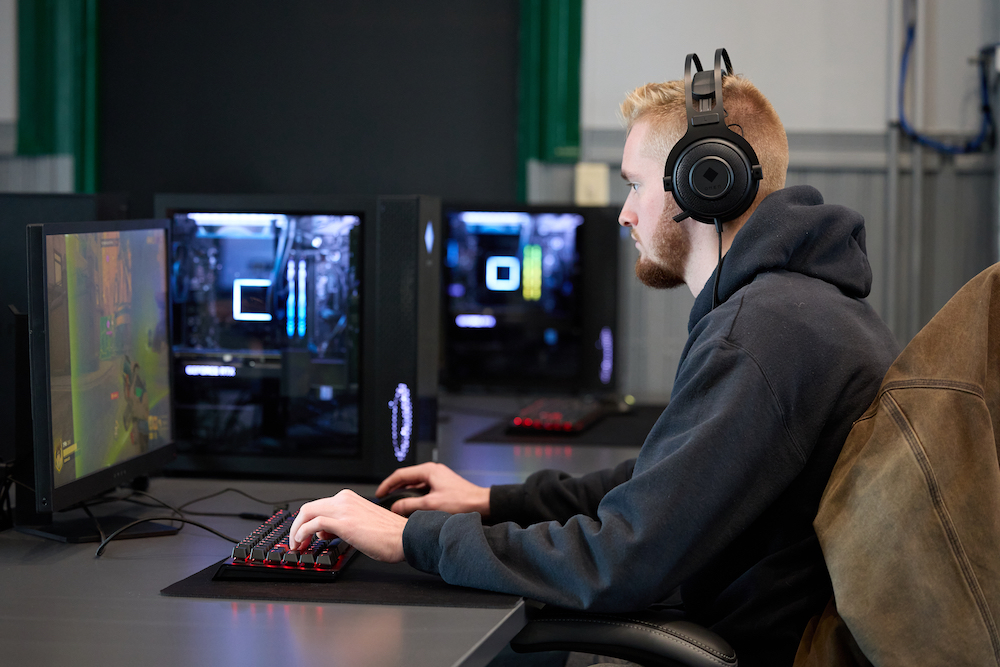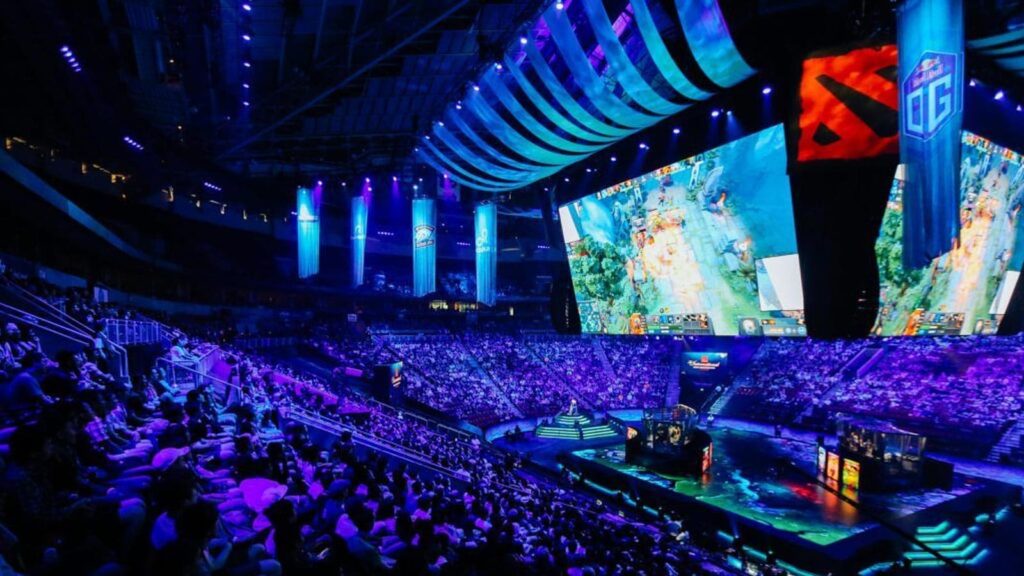
The world of esports is rapidly growing and becoming a major industry with professional teams and players competing in various games.
Like any other team sport, effective communication is crucial for the success of an esports team.
Without proper communication, a team can face a lot of challenges, such as conflicts, misunderstandings, and lack of coordination. In this blog post, we’ll explore five tips for esports team communication to help you collaborate effectively and resolve conflicts.
Establish clear roles and responsibilities
One of the most important aspects of effective team communication is ensuring that each member of the team knows their role and responsibilities.
Each player should have a clear understanding of their position and what is expected of them.
This helps to avoid confusion and misunderstandings that can lead to conflicts within the team.
Use clear and concise language
Esports teams need to use clear and concise language to communicate effectively during a match.
Using vague or ambiguous language can cause confusion and lead to mistakes that can affect the team’s performance.
Make sure everyone is on the same page by using simple, direct, and specific language when communicating.
Be open to feedback
Constructive feedback is essential to help teams improve their performance.
Esports teams need to be open to feedback and actively seek it out from each other.
This can help identify areas for improvement and address any issues before they become bigger problems.
Being receptive to feedback can also help to build trust and respect within the team.
Use a communication tool
Esports teams need to use a communication tool that is efficient and reliable.
There are many tools available, such as Discord, TeamSpeak, and Skype, that can be used to communicate during a match.
These tools offer features like voice chat, text chat, and screen sharing that can help team members coordinate their efforts and resolve conflicts in real-time.
Resolve conflicts quickly
Conflicts are bound to happen within any team, but the key to success is to address them quickly and efficiently.
Esports teams need to have a plan in place to resolve conflicts before they escalate. It’s important to listen to everyone’s point of view, find a common ground, and come up with a solution that works for everyone.
Effective communication is the backbone of any successful esports team. By establishing clear roles and responsibilities, using clear and concise language, being open to feedback, using a communication tool, and resolving conflicts quickly, esports teams can collaborate effectively and achieve their goals.
By following these tips, you can ensure that your team is performing at its best and staying ahead of the competition.

